Vazira Fazila-Yacoobali Zamindar - The Long Partition and the Making of Modern South Asia: Refugees, Boundaries, Histories
Here you can read online Vazira Fazila-Yacoobali Zamindar - The Long Partition and the Making of Modern South Asia: Refugees, Boundaries, Histories full text of the book (entire story) in english for free. Download pdf and epub, get meaning, cover and reviews about this ebook. City: New York, year: 2010, publisher: Columbia University Press, genre: History. Description of the work, (preface) as well as reviews are available. Best literature library LitArk.com created for fans of good reading and offers a wide selection of genres:
Romance novel
Science fiction
Adventure
Detective
Science
History
Home and family
Prose
Art
Politics
Computer
Non-fiction
Religion
Business
Children
Humor
Choose a favorite category and find really read worthwhile books. Enjoy immersion in the world of imagination, feel the emotions of the characters or learn something new for yourself, make an fascinating discovery.
- Book:The Long Partition and the Making of Modern South Asia: Refugees, Boundaries, Histories
- Author:
- Publisher:Columbia University Press
- Genre:
- Year:2010
- City:New York
- Rating:4 / 5
- Favourites:Add to favourites
- Your mark:
The Long Partition and the Making of Modern South Asia: Refugees, Boundaries, Histories: summary, description and annotation
We offer to read an annotation, description, summary or preface (depends on what the author of the book "The Long Partition and the Making of Modern South Asia: Refugees, Boundaries, Histories" wrote himself). If you haven't found the necessary information about the book — write in the comments, we will try to find it.
In this remarkable study based on more than two years of ethnographic and archival research, Vazira Fazila-Yacoobali Zamindar argues that the combined interventions of the two postcolonial states were enormously important in shaping these massive displacements. She examines the long, contentious, and ambivalent process of drawing political boundaries and making distinct nation-states in the midst of this historic chaos.
Zamindar crosses political and conceptual boundaries to bring together oral histories with north Indian Muslim families divided between the two cities of Delhi and Karachi with extensive archival research in previously unexamined Urdu newspapers and government records of India and Pakistan. She juxtaposes the experiences of ordinary people against the bureaucratic interventions of both postcolonial states to manage and control refugees and administer refugee property. As a result, she reveals the surprising history of the making of the western Indo-Pak border, one of the most highly surveillanced in the world, which came to be instituted in response to this refugee crisis, in order to construct national difference where it was the most blurred.
In particular, Zamindar examines the Muslim question at the heart of Partition. From the margins and silences of national histories, she draws out the resistance, bewilderment, and marginalization of north Indian Muslims as they came to be pushed out and divided by both emergent nation-states. It is here that Zamindar asks us to stretch our understanding of Partition violence to include this long, and in some sense ongoing, bureaucratic violence of postcolonial nationhood, and to place Partition at the heart of a twentieth century of border-making and nation-state formation.
Vazira Fazila-Yacoobali Zamindar: author's other books
Who wrote The Long Partition and the Making of Modern South Asia: Refugees, Boundaries, Histories? Find out the surname, the name of the author of the book and a list of all author's works by series.

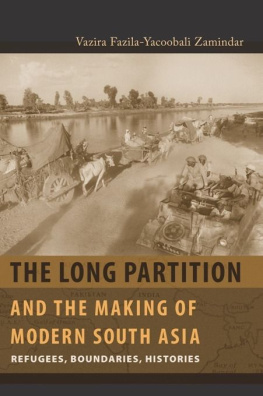
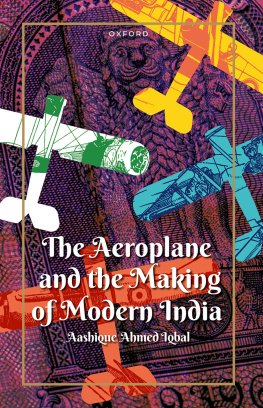

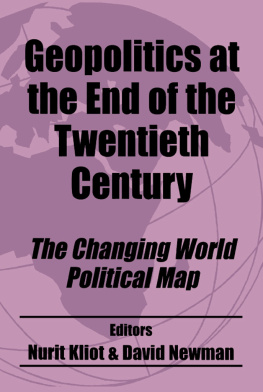
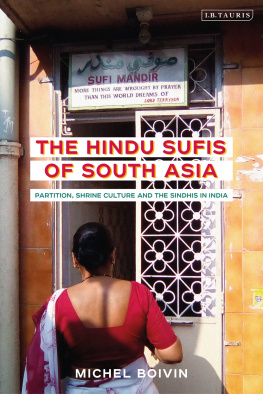
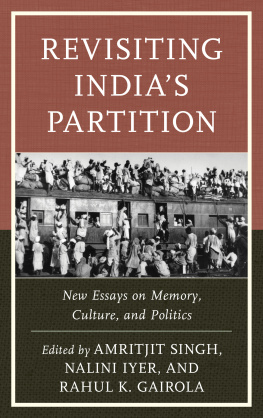

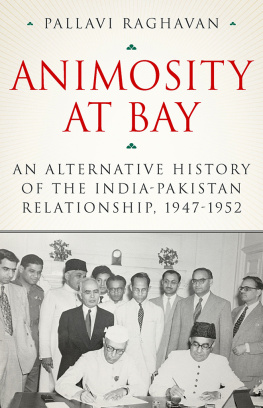
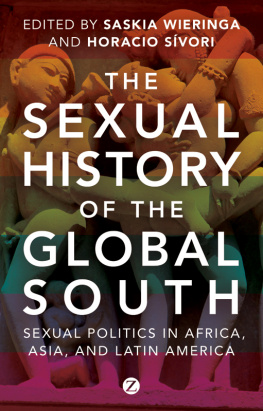

 New York
New York